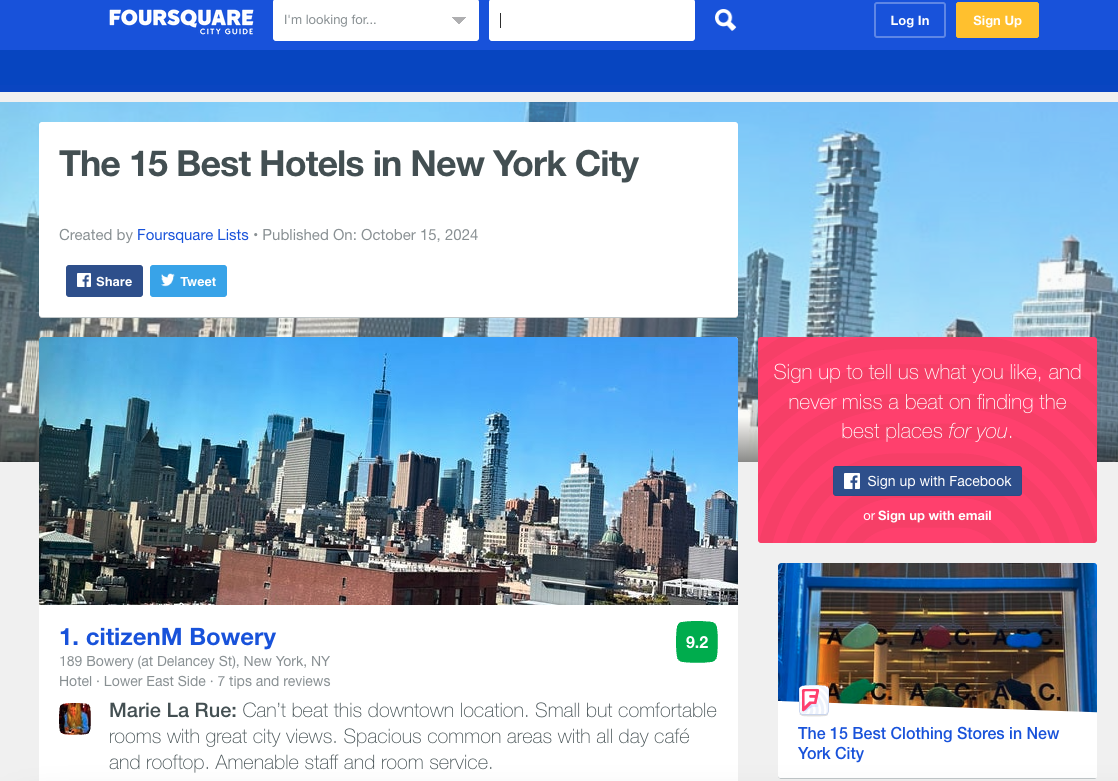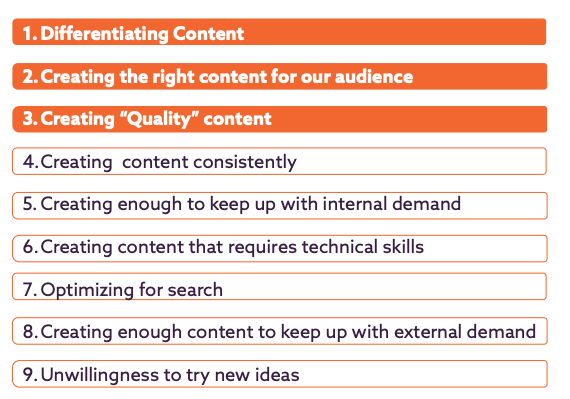Slow AI Rollout, Foursquare Done, Do More with Less

Apple's Slow AI Rollout
Apple's vision of a "personal digital assistant" reportedly goes all the way back to 1987. It took a big leap forward with Apple's acquisition of Siri roughly 15 years ago. But Siri's early promise has largely turned to disappointment. It only "works" part of the time and can only do a few things well. Siri had started to languish, which Apple is trying to correct with Apple Intelligence and ChatGPT integration. Next week, the first AI baby steps will roll out with iOS 18.1. By most accounts they'll be limited or mostly unnoticeable. This first update lays the foundation for more advanced features that will come later. Siri is moving toward broader functionality, greater personalization and context awareness. However those capabilities won't appear until 2025. Apple software SVP Craig Federighi emphasized, in an interview with the WSJ, that Apple's incremental approach to AI is about privacy and responsibility. Federighi says that Apple wants to "get it right" and that "this is a many year, honestly, even decades-long arc of this technology playing out, and so we're gonna do it responsibly." Access to ChatGPT won't show up until iOS 18.2, probably by the end of the year or early next year.
Our take:
- Apple is by nature iterative and cautious. It's also undoubtedly mindful of Google's problematic (read: botched) rollout of Gemini and AI Overviews.
- While the take-it-slow AI approach may be right from a UX and product perspective it's going to disappoint users and minimize any sales bounce for the iPhone 16.
- We'll probably never see a full-blown "Apple search engine." But the ChatGPT handoff may mean less Google reliance. We'll see and TBD.
Foursquare Shutting Down
Foursquare is shutting down – not the company, but the company's namesake app. Foursquare's "cityguide" will stop working on December 15, 2024. On the desktop it will survive for a few more months. The company's Swarm location-sharing check-in app will soldier on apparently. Foursquare launched in 2009, at a heady time for "location based services." It was originally positioned as a social "check-in" app. Competitors included Gowalla, Brightkite, Loopt, Yelp (check-in feature) and SCVNGR. Foursquare, for a time, was the hottest thing in local. But over time it evolved into a more conventional local search app (check-in volume is a alternative quality signal). And there was the problem of the business model. It tried selling ads to local businesses for a time but that wasn't really scalable. So years after it set SXSW ablaze, it became just another directory in the listings management networks. In the interim Foursquare the company morphed into a location intelligence platform and data broker to third parties (buying Placed from Snap). The consumer apps became simply one channel or tool to acquire user location data. The fact that the company is shuttering its flagship app must mean that its costs are no longer justified by whatever data the company is getting in return.

Our take:
- Google wasn't always the primary way to find local businesses. Back when Foursquare was in vogue there were a dozen or more competitors.
- It's a reminder of how totally dominant Google has become. Indeed, as we've argued, Google's local graph is its true differentiator vs. AI rivals.
- Foursquare could have continued investing in and developing the app (given the location data business model) but there was a lack of will/imagination.
Content Marketing: Do More with Less
The Content Studio recently released "The State of (Dis)Content," a survey based report on content marketing in the US. It captures the responses of more than 500 content marketers, including in-house marketers, freelancers, agencies and consultants. The big theme of the report, which has numerous findings, is "doing more with less" and the tension between rising expectations and declining resources. AI is seen as a blessing and a curse. The median content team size identified in the report is 2-5 people. It presents a picture of a relatively satisfied group (in-house especially) that is nonetheless feeling stress and anxiety about the future. While many respondents credit AI with making their work more efficient and productive, they also say it's devaluing content creation and depressing the price of their work (especially consultants and freelancers). And it's creating job insecurity for many of these people. One of the big challenges is creating high-quality, differentiated content to keep up with both internal and external demands. They cite a lack of resources, difficulties accessing experts, workflow issues and a lack of strategy. The most common content types being produced are blog posts, emails, video, ebooks, case studies, webinars and podcasts.

Our take:
- The report is prescriptive and makes a number of recommendations around strategy, leadership buy-in, cross departmental coordination and mostly neglected audience research.
- In one of my previous lives I lived this experience. Content is critical but often undervalued. And AI is making the perception that "content is easy" much worse.
- Unfortunately AI will enable cost-cutting executives to not fill open positions or reduce the size of teams, without a reduction in expectations – fueling burnout.
Recent Analysis
- Near Memo episode 179: Apple Expands Business Connect, Which Directories Matter?, SEMrush Acquires Search Engine Land.
- ICYMI: Google's AI Organized Restaurant Results, by Mike Blumenthal.
Short Takes
- Google's LSA - GBP linking mandate will take many SMBs by surprise.
- SMBs with unclaimed GBP and no SEO can still rank #1.
- Everything you wanted to know about "parasite SEO" but afraid to ask.
- State of technical SEO survey results.
- Google tests video for Shopping Ads.
- Appearance of Google "Product Grid" cuts CTRs in half.
- Google adds new AI features to Performance Max.
- Google disclaiming ubiquitous Reddit YMYL content, while promoting it.
- Report: Apple likely winding down Vision Pro on weak demand.
- Amazon shuttering its same day brick and mortar delivery service.
- Read the WSJ's copyright infringement complaint against Perplexity.
- Phone tracking/location data widely available and widely abused.
Listen to our latest podcast.

How can we make this better? Email us with suggestions and recommendations.

